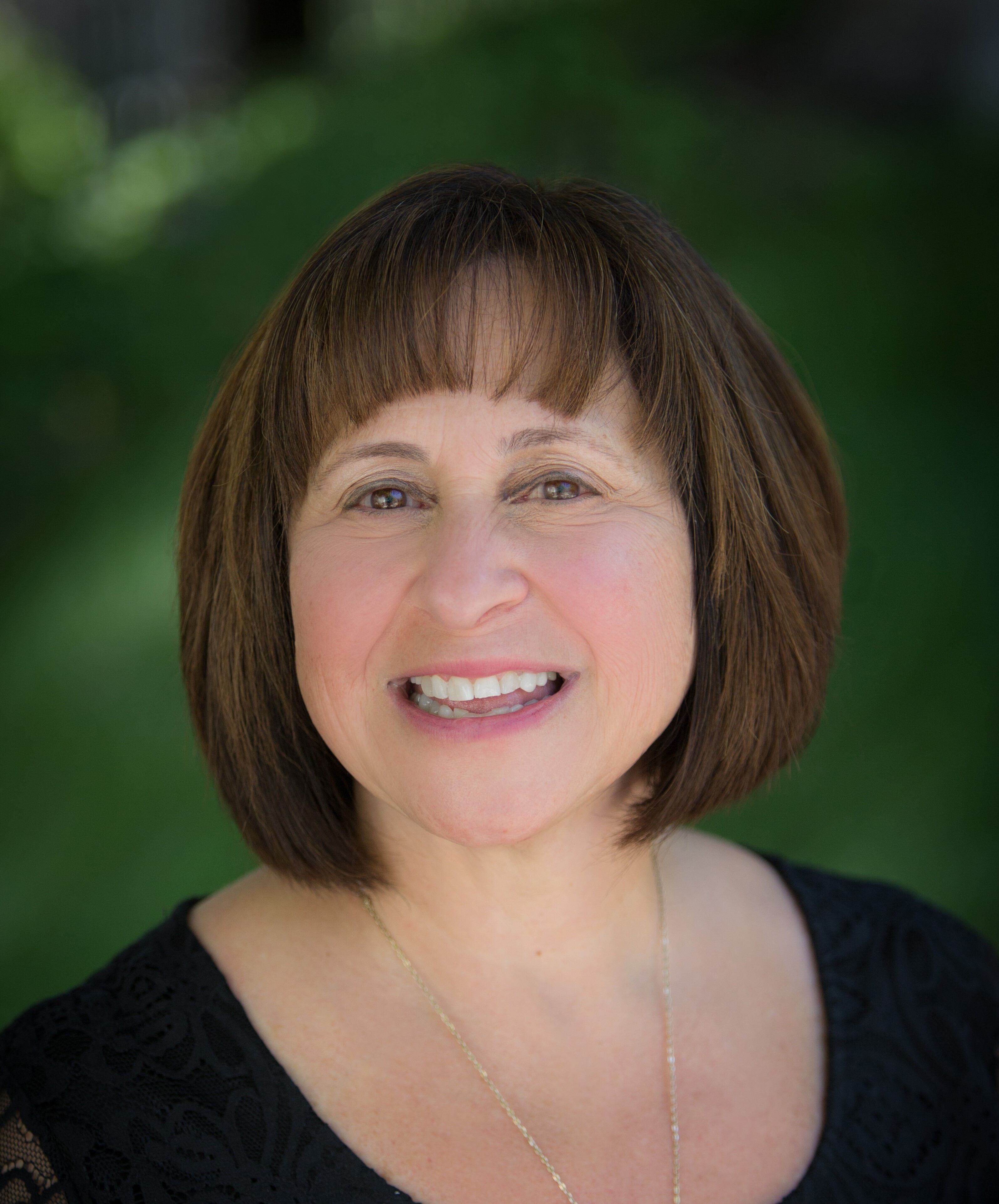Several years ago, I visited a friend's apartment for the first time. On her bathroom mirror, she had a cute, little plague which read: 'Mirror, mirror on the wall, Oh my god, I'm my mother after all.' Funny - but because of how right it is or how wrong it is?
In today's world, so many people vow to live different than the previous generations that we leave home, travel to new cities, and build homes in new places. Confident that the baggage of parents and family can be transcended, people choose new cities, new professions, and new communities. So, it is interesting to read the opening lines of this week's Torah portion, parashat Vayeishev: 'Jacob was settled in the land where his father had sojourned, the land of Canaan.' Jacob did not leave his parents home community. So, what can we learn from his decision to stay close to home and settle in the land of his parents?
In settling in the place of his father, Isaac, and his father's father, Abraham, Jacob takes his place as the third in the line of our patriarchs. At the same time, however, it is in what follows that the similarities between Jacob and his father are most pronounced. Jacob, like Isaac, is characterized by the competition between his children as they battle for their fathers’ love, leading to acts of great hatred and strife. Jacob, like Isaac, is separated from his favored son for more than 20 years. And Jacob's son, like Isaac's, leaves destitute and persecuted, but rises to wealth and power. Finally, Jacob, like Isaac, waits until the end of his life for the reconciliation among his children after which they bury him.
How is it that Jacob, who was raised in a home in which each parent favored one of the children, comes to favor one of his children over the other? Did he not remember the damage done to his relationship with his own brother, Esau, caused by this favoritism? Yet, Jacob "loves Joseph best of all sons," and every member of the family knows it. The vicious cycle continues as Joseph becomes aware of his father's feelings and finds ways to remind his brothers of his favored status. His brothers, in turn, demonstrate their resentfulness of Joseph's status and of his dream interpretations. Is it really possible that Jacob is clueless to this cycle of repeated behavior?
Each of us knows how very easy it is to repeat the patterns of behaviors we learn from in our early lives - be they from our family of origin or others. As children grow up, they internalize the feelings and associations we experience around certain feelings, specific people, and/or particular behaviors. Dorothy Law Nolte, Ph.D., a lifelong teacher and lecturer on family life education, and author of the poem "Children Learn What They Live," reminds us how very critical these lessons for a child can be:
If a child lives with criticism .................. he learns to condemn.
If a child lives with hostility .................. he learns to fight.
If a child lives with fear .................. he learns to be apprehensive.
If a child lives with jealousy.................. he learns to feel guilt.
If a child lives with tolerance.................. he learns to be patient.
If a child lives with encouragement .................. he learns to be confident.
If a child lives with praise .................. he learns to be appreciative.
If a child lives with acceptance .................. he learns to love.
If a child lives with approval .................. he learns to like himself.
If a child lives with recognition .................. he learns that it is good to have a goal.
If a child lives with honesty .................. he learns what truth is.
If a child lives with fairness .................. he learns justice.
If a child lives with security .................. he learns to trust in himself and others.
If a child lives with friendliness .................. he learns the world is a nice place in which to live.
So, perhaps it is not so very surprising that Jacob repeats the behaviors of his parents. Even having lived through the effects of his own upbringing, Jacob is unable to stop the patterns of self-destruction and of resentment and jealousy between his wives and even between his children for he has never seen any other model of how family members relate to one another. So he continues the pattern with Joseph, and even later with Benjamin, as the Torah recounts how he favored his youngest of all children? Is this really the sum total of what it means to stay at home or as Jacob did to 'settle in the land where is father sojourned'? Are we programmed to simply repeat everything we witness - with no input or integration of our own learning and growth?
Actually, I think the Torah is really teaching another lesson here. Breaking old patterns, changing behavior, learning new ways to relate to ourselves and to others is never easy. Jacob has come through struggle with humans and with God and has even become Israel, but, in many critical ways, he remains the same.
The real challenge lies not in whether we run from the home of our upbringing or in the settling in the same place, but in the ways we integrate the positive lessons we learned and move beyond the destructive patterns we may also have witnessed! Change requires more than awareness of past behavior, and even more, rejecting those patterns. True growth requires that we seek out alternatives and new ways to behave. Real change requires that each of us carve our own place in the community and continue to find our own ways to create positive and productive relationships with those around us. It is then that we can look in the mirror and say: 'Mirror, mirror on the wall - Oh my God, I have grown after all!'
Shabbat Shalom!

